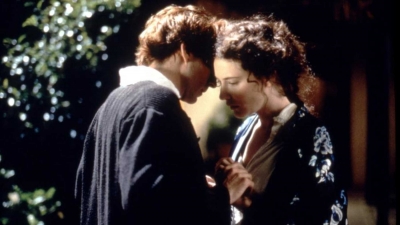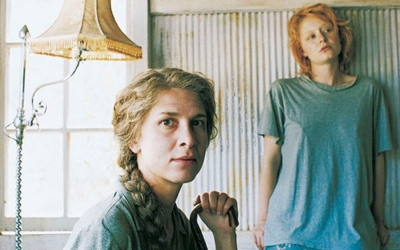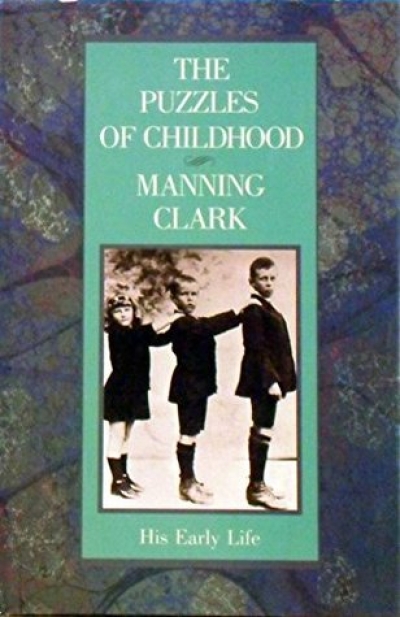Peter Craven
Oscar and Lucinda is the next best thing we have to that gleaming oxymoron a contemporary Australian literary classic. It won a swag of prizes (not least the Booker); it is a long vibrant narrative, including history full of the rustle of Victorian costumes, but with a whisper of the horrors on which this country was founded with a brief ghastly moment representing the murder of Aborigines.
... (read more)From Gerard Hayes
Dear Editor,
If Mark Davis had wanted to concoct a parody of babyboomer fogeyism, he could hardly have done better than Peter Craven’s review of Gangland. Opening with a quotation from Anthony Powell and doing his best to parrot the Powellian tone of bored hauteur, Craven details the shortcomings of Davis’s age: not young – in fact a ‘late bloomer’ – but still not old enough to know better, indeed ‘rather earnest and plodding’.
The Australian film industry got going in the 1970s perhaps just a little before the resurgence of Australian publishing and perhaps for that reason there has been less interplay between Australian film and Australian writing than there might have been. Patrick White raged and roared about the prospect of Joseph Losey and Max Von Sydow making a film of Voss, but that was the tormenting hope of a more colonial dispensation. There have been bearable films of modern Australian classics like Stead’s For Love Alone and more or less shocking films of such nearly contemporary classics as Monkey Grip (a real monster despite Noni Hazelhurst and Alice Garner as child star doing their best) and, more recently, Lilian’s Story with Ruth Cracknell badly miscast. Cases like Fred Schepisi’s lean, pungent version of Keneally’s The Chant of Jimmie Blacksmith are rarer than they should be though it is encouraging to hear that Mel Gibson owns the rights to My Brother Jack and intends making a film of it one of these days.
... (read more)Some years ago the poet John Forbes was addressing himself to that national monument, Les Murray, and he had occasion to remark, ‘The trouble with vernacular republics is that they presuppose that the kingdom of correct usage is elsewhere.’ It was, I suppose, designed to highlight the fact that the homespun qualities of the Bard from Bunyah were dependent on an awareness of the metropolitan style Murray willed himself to transgress and that there was an inverted dandiness, if not a pedantry, in all that Boeotian ballyhoo. It does not seem to me a remotely fair remark but it is a good epigram notwithstanding and it takes on a range of meanings depending on what light you look at it in. Presumably Forbes thought, or feigned to think, that Murray’s poetic demotic was a variation on that Colonial Strut which is, in fact, a version of the Cultural Cringe. In any case his words came into my head the other day when I was reading Simon During’s new Oxford monograph about Patrick White.
... (read more)Dear Editor,
How disappointing your cover feature on The First Stone turned out to be. I feel very let down by the most mediocre review I’ve read on this most talked-about work. Your former Editor, Rosemary Sorensen, wrote a superb, thought-provoking piece in the Sydney Morning Herald. I expected the review in ABR to be of similar quality.
Brian White, Elwood, Vic.
(Ed’s reply: You might be interested to know that the Sydney Morning Herald chose to republish a shortened version of Cassandra Pybus’s review of The First Stone, on Wednesday 10 May, acknowledging it was first published in ABR.)
... (read more)






